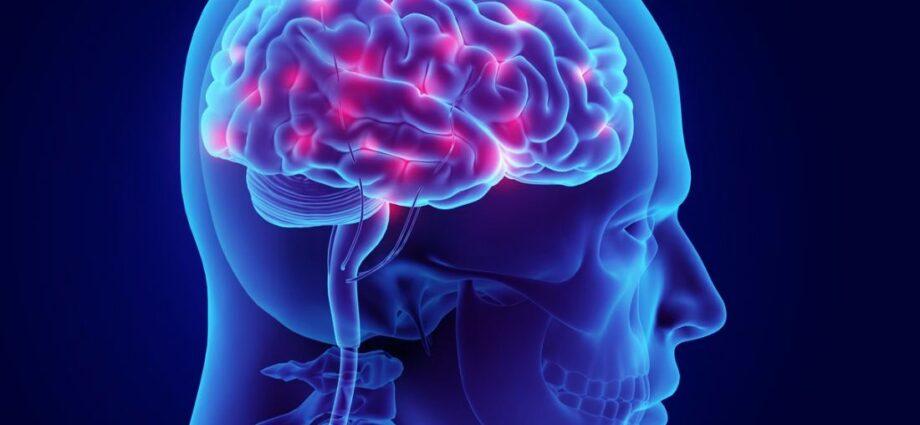Students are often afraid of admitting mental health problems for fear of tarnished reputations or disqualification from their peers.
Mental health problems lead to severe consequences such as suicides or delinquency. Students most of the time do not remain objective while discussing mental health problems as these are issues directly affecting them. Educational issues have made mental health issues turn into destructive matters. So why are mental health issues on the rise, and how dangerous are they? Let us consider some factors that lead to the increase in mental health issues, the symptoms of mental health disorders, and how to mitigate them.
Change in environment
The change in environment by college students acts as a trigger for mental disorders. Most mental illnesses are detected in students in their early twenties. Experts assert that significant life events cause most mental disorders. Even if some students do not developmental disorders, they might have difficulties coping and navigating the transition stage.
Pressure to succeed
Students sometimes have immense pressure to succeed in a highly volatile academic atmosphere. The desire to achieve these high grades leads to a lot of stress and anxiety. Students might end up overworking themselves and neglecting their general well-being. Procrastination is a coping mechanism among students, and they tend to postpone their tasks. Professional essay writing services such as AdvancedWriters.com help students cope with these academic problems online.
Students also obsess about their future career paths and job availability after graduation. These worries breed uncertainty on what the future holds.
Financial Pressures
There has been a gradual increase in college costs over the passing of years. Students typically take out loans to pay for their tuition, accommodation, and other fees. The worries of how they will repay these loans after graduation increases their stress levels and pressure for success.
Supplies and textbooks are expensive, and students are sometimes forced to work part-time jobs to meet their expenses. Juggling between work and school increases their anxiety and stress levels.
The increased time spent online by students causes a lot of harmful consequences. Students are now more exposed to online harassment and cyberbullying. Positive posts can lead to esteem issues as students end up comparing themselves with others who portray a perfect online life.
So what are some prevalent mental health problems among college students?
Depression
Depression is hard to recognize. Parents confuse it with age-related problems. They think the issue is brought about by a generational gap or lack of cool devices.
Depression makes people sad, gloomy, hopeless, and void of interest. It also causes sleeping problems, lack of appetite, poor concentration, and headaches. The first appearance of depression should not be left unattended, and a potential patient should be directed to a psychiatrist.
Eating disorders
Sometimes college students make a big fuss about their appearance, leading to changes in eating patterns. Some of the eating disorders are gluttony followed by vomiting or even starving.
Too much or too little food leads to severe disorders like obesity, diabetes, and other wrong body functionalities. Eating disorders are not easy to detect, and anyone with eating disorders should always receive out-patient therapy to help them overcome their eating problems.
Suicidal thoughts
People with eating disorders tend to be suicidal and are always irritated or in a foul mood. They tend to keep distance away from others and separate themselves from the things they like. This should not be treated lightly, and any possible suicidal attempts should be reported to the relevant authorities for suicide prevention and counseling.
Addiction
Mental disorders lead to various addictions. People can suffer from drug and alcohol abuse and other addiction traps when in these mental disorder cycles. They yearn for uplifted moods and better feelings and try to find peace of mind in their doses. The ability to think clearly and logically is affected, and the students prefer drugs and alcohol to everyday life.
Anxiety
Another symptom of a mental disorder is anxiety. Students worry about exams, family relations, romantic relationship dramas, and other private life issues. They also have bills to take care of and a reputation to uphold. In the process, their lives crumble around them. Panic attacks affect them when in anxiety. Anxiety is characterized mainly by irregular sleeping patterns and escalated reaction responses to some situations. Doctors commonly prescribe pills to cure anxiety.
Strategies to improve the college mental health crisis
Several things can be done to improve the college’s mental turmoil. Colleges can motivate and encourage students to increase their self-awareness. They can promote platforms that teach skill development and career reflection. This dissipates the many thoughts of uncertainty.
Colleges should also increase accessibility for stress management resources such as counselors. Programs designed to increase social support in schools work well for colleges and have a high reach in treating specific concerns.
As the adage states that prevention is better than cure, colleges should focus more on preventing the problem than treating it. Factors contributing to stress, such as substance use and discrimination, should be mitigated within the college premises. Early intervention leads to better stress management responses.
Finally, colleges should launch mental health campaigns. They should aim at identifying people in distress in college, intervening, and ways of helping them out. Campuses should advertise their initiatives and aspirations to all community members, making sanity a reality on campuses. Shifting the focus to the students’ overall well-being leads to an overall improved life in college campuses.
The approach for tackling mental health should be inside out. There is a lot that colleges can attempt to do to fix the problem, but the most prominent role lies with the individual. As a matter of fact, mental health issues are primarily systemic, and college students should avoid stress levels that may plunge them into mental disorders.
The colleges should also play a role in combatting the stigma surrounding mental health and make their services more visible and accessible to those who need them.
